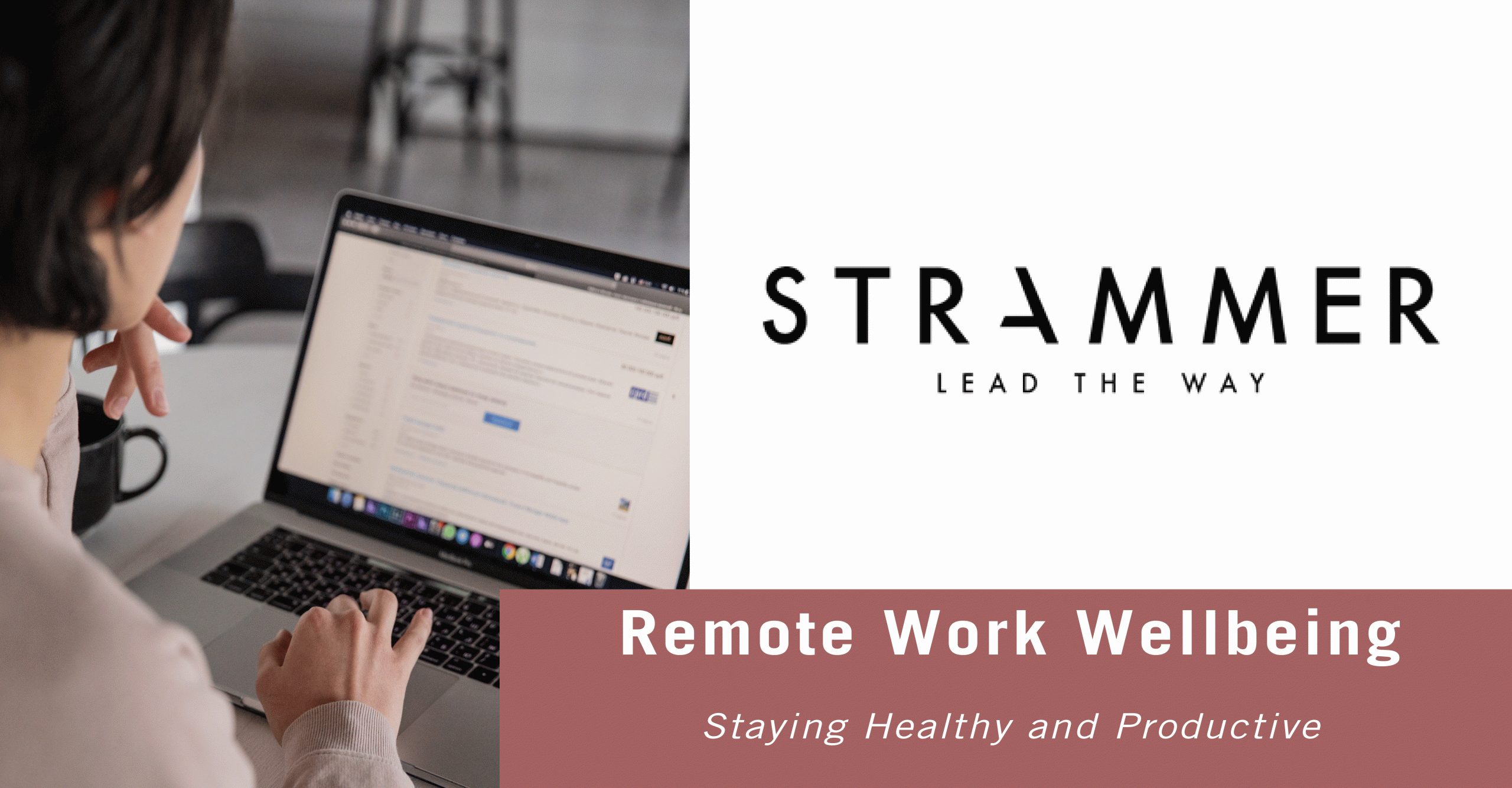Staying Healthy and Productive as Remote Work continues
Everyone has experienced the shift to remote work differently, depending on their personal situation and preferences. Although people will weigh up the pros and cons differently, there are certain challenges that come with remote work, namely reduced in-person social contact and a lack of physical distinction between home and work. Now, with remote work continuing for many, it is important to maintain behaviours and practices that support good mental and physical health and help us stay productive.
Since the transition to remote work, employees have frequently reported finding it more difficult to delineate the line between work and home life. According to one survey, 4/5 remote employees find it hard to ‘shut-off’ after work. Given a lack of work/life balance can be a risk factor for burn-out and other negative health impacts, it can be useful to set boundaries. One example is specifying times where you do not look at your work email, allowing you to fully disconnect from work.
Additionally, embedding breaks – particularly those that involve movement – into your daily structure could help improve performance and promote general health and well-being. According to an Airtasker survey, 37% of remote workers thought taking regular breaks was the best way to stay productive. In addition a psychological research has found numerous benefits of doing so, including the aversion of ‘decision-fatigue’, renewed motivation, creativity, and memory consolidation.
Our surroundings can also significantly influence our mood and productivity levels. Some have dedicated office space at home, but others may have a less ideal set-up – such as having to share limited space with others or not having proper office furniture or technology. However, as well as accessing any helpful support and resources which employers may offer, certain steps could optimise one’s set-up and create surroundings that promote productivity. First, setting up your work desk by a window and working in the light has been shown to improve mood. Also, the Harvard Business Review found that cluttered and untidy workspaces can worsen anxiety and our ability to focus. Thus, maintaining a clear workspace could help towards reaching goals and achieving satisfaction.
Work gives us structure, satisfaction and much of our regular social contact. Indeed, the World Health Organisation concludes that, in general, work has a positive overall influence on our wellbeing and mental health. According to Dr Balamurali, a consultant psychiatrist, 80 or 90 % of our social encounters occur at work, and as such, it is important to make efforts to connect with others when working from home to prevent social isolation, which could increase the risk of burn-out and depressive symptoms. Whether it is through attending team virtual socials, speaking to friends/family, or virtual co-working, staying in touch and maintaining relationships keeps us healthier and happier.
References:





